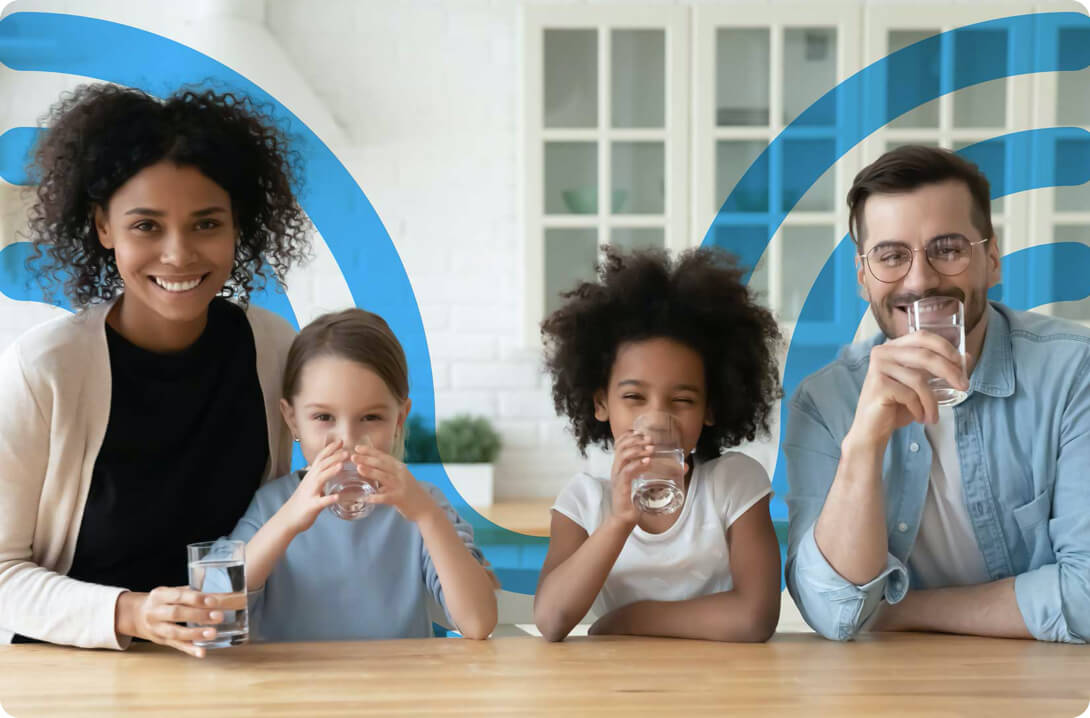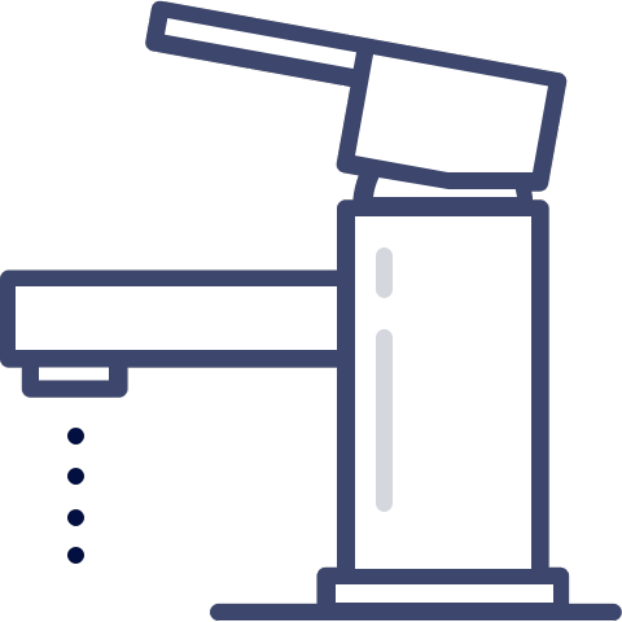
There has been no change to the concentration of PFOA or PFOS in our New York water supply. PFOA and PFOS are chemical substances that have been used for decades to manufacture firefighting foam and many common household and consumer products the public uses frequently, including non-stick cookware, fast food packaging, stain-resistant products, photography chemicals, shampoo, pesticides, and paints.
However, the New York State Department of Health has recently set a new standard, also known as a Maximum Contaminant Level (MCL), of 10 ppt for PFOA and PFOS in drinking water.
According to the Health Department, consuming drinking water that is at or somewhat above the MCL does not pose a significant health risk. Your water continues to be acceptable for all uses.
The available information on the health effects associated with PFOA, like many chemicals, comes from studies of high-level exposure in animals or humans. Less is known about the chances of health effects occurring from lower levels of exposure, such as those that might occur in drinking water. As a result, finding lower levels of chemicals in drinking water prompts water suppliers and regulators to take precautions that include notifying consumers and steps to reduce exposure.
PFOA has caused a wide range of health effects when studied in animals that were exposed to high levels. Additional studies of high-level exposures of PFOA in people provide evidence that some of the health effects seen in animals may also occur in humans. The most consistent findings in animals were effects on the liver and immune system and impaired fetal growth and development. The United States Environmental Protection Agency considers PFOA as having suggestive evidence for causing cancer based on studies of animals exposed to high levels of this chemical over their entire lifetimes.
At the level of PFOA detected in your water, exposure from drinking water and food preparation is well below PFOA exposures associated with health effects.

